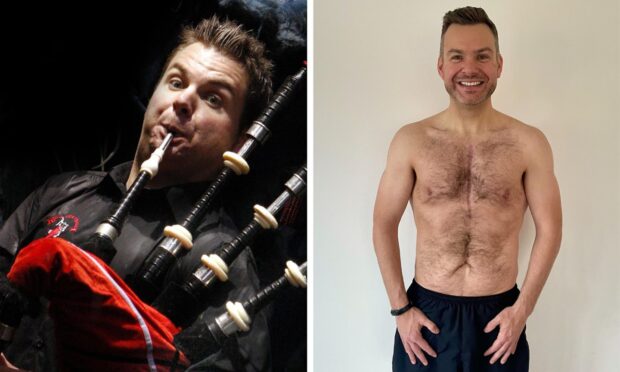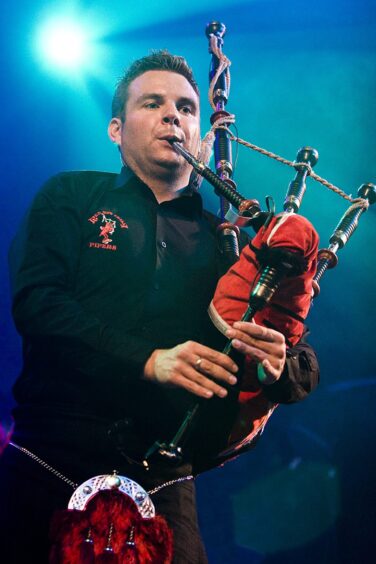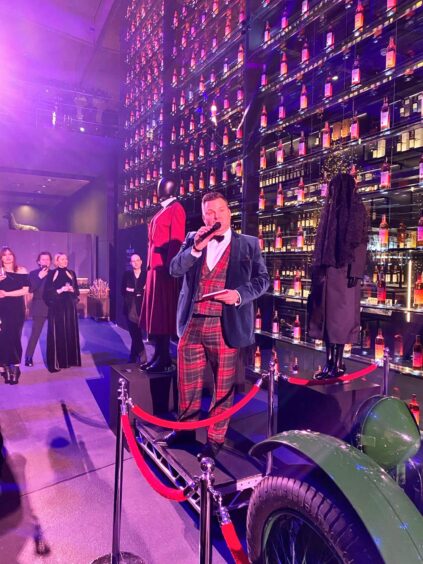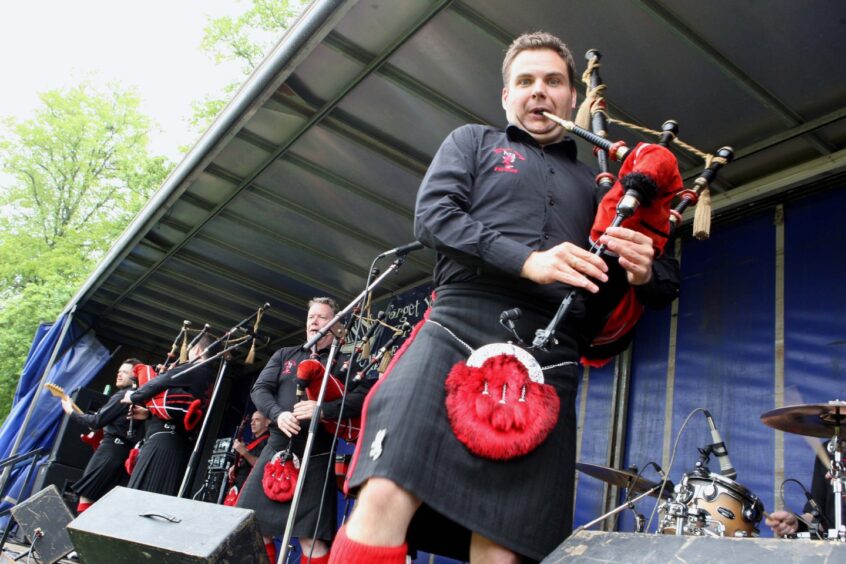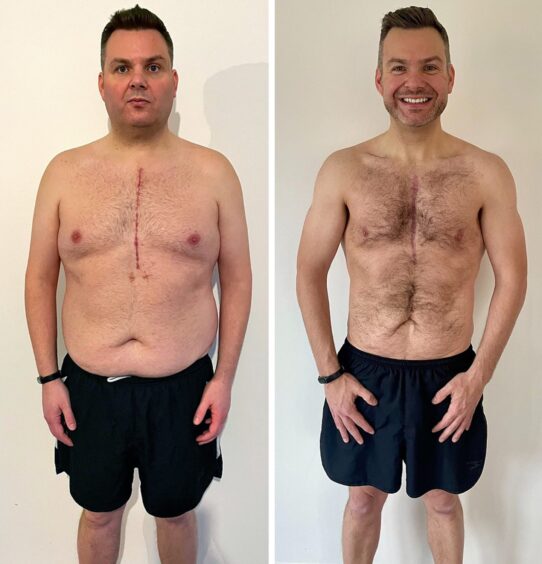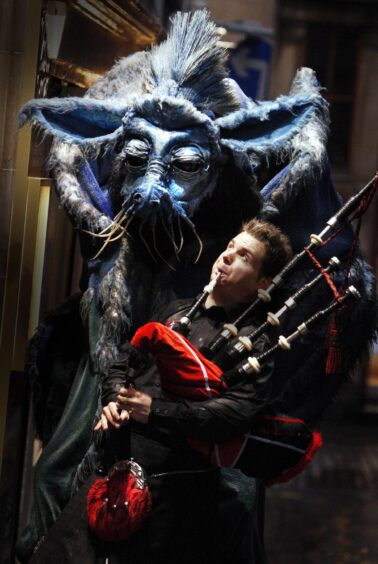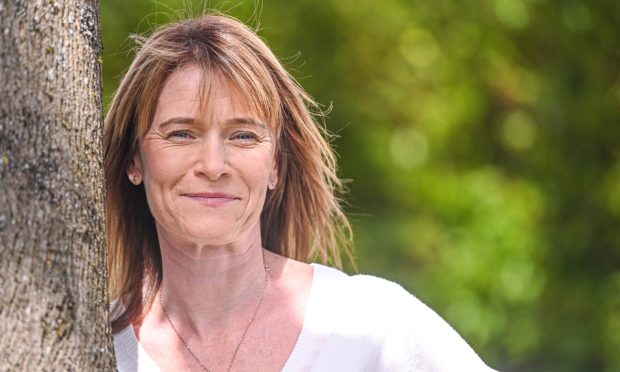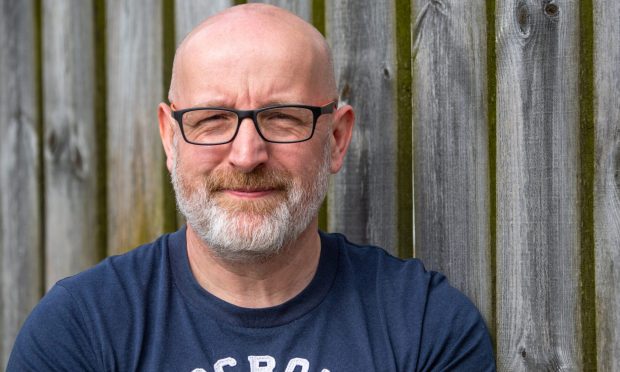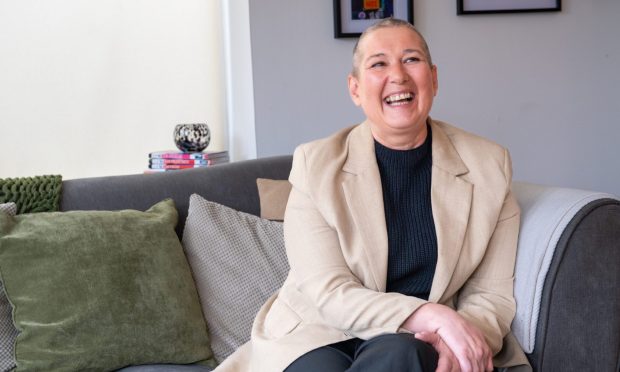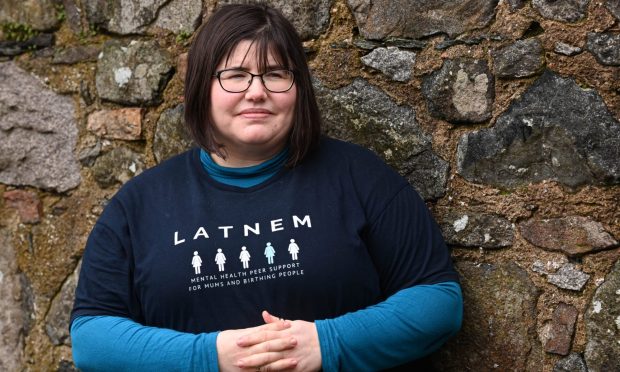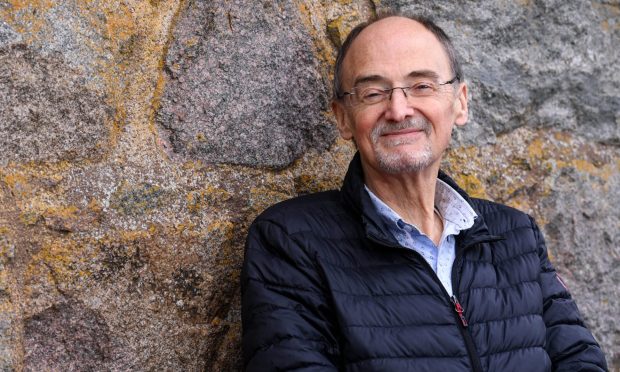A little over 10 years ago, Stuart Cassells, the founder of global phenomenon the Red Hot Chilli Pipers, was forced to give up playing the bagpipes.
He’d developed a rare neurological condition called focal dystonia that causes involuntary spasms when limbs are required to do a certain task.
Focal dystonia affects one in 200 musicians. In Stuart’s case, he could still do everyday tasks but when playing the pipes his hands wouldn’t stay on the chanter.
It was like someone else was in control, and it turned his life upside down.
Bagpiping had been his past, and was set to be his future.
Playing since the age of seven, Stuart won BBC Radio Scotland’s Young Traditional Musician of the Year in 2005 and became the first honours graduate in bagpipes from The Royal Conservatoire of Scotland.
He even recorded music for a Harry Potter movie, as a stand in for a giant piper.
With the Red Hot Chilli Pipers, which he formed 2002, he became one of the best-known bagpipers in the world, playing in front of huge audiences and selling millions of CDs and DVDs.
The band, with its fusion of traditional Scottish music and rock classics — even a bagpipe version of Coldplay’s song Clocks — brought the instrument to a whole new audience.
The focal dystonia took all of that away. In 2011, Stuart left the band he had led and created. He was only 32.
Cut to November 26, 2022.
Through years of hard work, Stuart, now 43 and living in Inverness, had rebuilt his life and is the general manager of The Macallan estate in Aberlour, home of the multi-million-pound The Macallan distillery.
He is celebrating his son’s second birthday when suddenly he is unable to speak. He doesn’t know it at the time but he has had a stroke.
He will have to rebuild his life all over again.
Stuart’s stroke robbed him of his sense of identity
“It feels like I’ve had my hard drive deleted,” says Stuart, who is originally from Falkirk.
Months of speech therapy have enabled him to speak again, though he apologies for occasionally stumbling over his words.
The stroke also robbed him of his sense of self. He says he can’t remember who he was before the stroke.
By that, he doesn’t mean his name or identity — he means what type of person he was.
“It just feels like I’m a new person and I can’t remember how I thought before,” he says.
For example, when he reads a work email he has to really concentrate to take it in.
“But maybe I was always like that and I just can’t remember. Did I always have to focus as hard on this or is it because of the stroke?”
‘It feels like I’ve emptied the cupboards’
Meanwhile, he’s had to relearn his memories. He goes through old photos to remember friends and occasions.
His long-term memory is largely intact, and he can remember much of what he did with the Red Hot Chilli Pipers. YouTube clips of the band help bring those frenetic and heady days back to life.
Short-term memories are more slippery.
Recently, his friend Mark messaged Stuart for his address. Stuart asked if Mark was getting married and could he expect an invitation in the post.
“He sent me a message back saying: ‘You were at my wedding six months ago,’” Stuart says. “He’d wanted my address to thank me for my gift.”
Mark’s big day all came flooding back once Stuart looked at the wedding photos. (“Luckily everyone takes lots of pictures of everything these days.”)
But restocking his brain is an ongoing process,
“It feels like I’ve emptied the cupboards,” he says. “All I’ve got to do is put them all back in.”
A ‘disaster’ for Stuart at a Burn’s Night Supper
Every stroke recovery patient has moments of pitch black. Stuart has endured a few.
The worst was when he tried to host a Burn’s night supper on the Royal Yacht Britannia in Edinburgh just six weeks after his attack.
He tried to recite the famous Burn’s poem he’d performed a dozens of times before, but ended up in tears.
For a man who at the height of his Red Hot Chilli Pipers fame would perform in front thousands it was a moment of crippling fear.
“That was one of the worst nights I can remember,” he says.
“I ended up having to go up and apologise and explain that I’d just had a stroke. But it took me probably five minutes to say that.”
Stuart’s mum, alerted to her son’s distress, dropped everything to come and collect him from her home near Falkirk.
“It was a disaster,” Stuart says, “to the point where at 43 you’ve got your mum coming to rescue you.”
Stuart hits the road to recovery from his stroke
Stuart spent the first four or five months of his recovery on speech therapy so he could get back to work. Once back in the office, his speech kept improving.
But it wasn’t just his brain he was working on.
Doctors told him his stroke was caused by a bicuspid value, a genetic abnormality in his heart. So, four months after the attack, Stuart had surgery to replace his heart valve.
Lockdown, however had left him overweight and he felt he could do more.
“I was about 17 and a half, 18 stone when I had the stroke,” Stuart says. “Looking back, it probably had an impact.”
He made it his mission to lose the excess pounds and threw himself into fitness with the same determination he’d shown at speech therapy.
He soon realised the key was to focus on his diet. He dumped ultra processed food and cut down on sugar.
“I just ate as naturally as you possibly can,” he explains. “I got to the point where it was just protein and veg of protein and protein and veg essentially breakfast lunch and dinner.”
Setting up the Five Alive Health Kick
Stuart is now six stone lighter than when he had his stroke.
In fact, his weight loss has been so successful that when he posted on Facebook just before Christmas he was starting a healthy lifestyle club, 150 people joined him.
Called the Five Alive Health Kick, the growing group meets online to share stories of progress and motivation as the lose weight together over a five-week period.
The first challenge is already under way, taking on Stuart’s five simple rules, which encourage participants to exercise five times a week, do a minimum of 5,000 steps a day, drink at least five pints of water a day, eat a maximum of five times a day (including protein, fruit and veg) and marking energy, sleep and stress out of five daily.
For Stuart, the secret is in the motivation each participant gives each other, coupled with video content Stuart posts from health experts on keeping focussed.
Still, he says, the most important aspect is getting control over what you eat.
“Everybody’s looking for a magic wand,” he says. “And there is no magic wand — if you want to lose weight it is about your diet.”
Leaving behind the Chilli Pipers for good
Stuart is no longer part of the Red Hot Chilli pipers – he sold his share band not long after he left.
But he still keeps abreast of the traditional Scottish music scene, which has played such a pivotal role in his life.
Meanwhile, his current job with The Macallan sees him flying around the world promoting both the whisky and Scottish culture, frequently speaking at events.
He misses he old day job, however. Though he has come to terms with the fact he’ll never play at that level again.
“One of the first things I was asked by the Chilli Pipers after the stroke was whether it had fixed my focal dystonia,” he laughs. “They said: ‘Can you can you play again?’
“But unfortunately, my piping just doesn’t really work for me now.
“I did try and get over that for a long time and try to find ways of making it work. But eventually I had to give up and move on to something new.”
